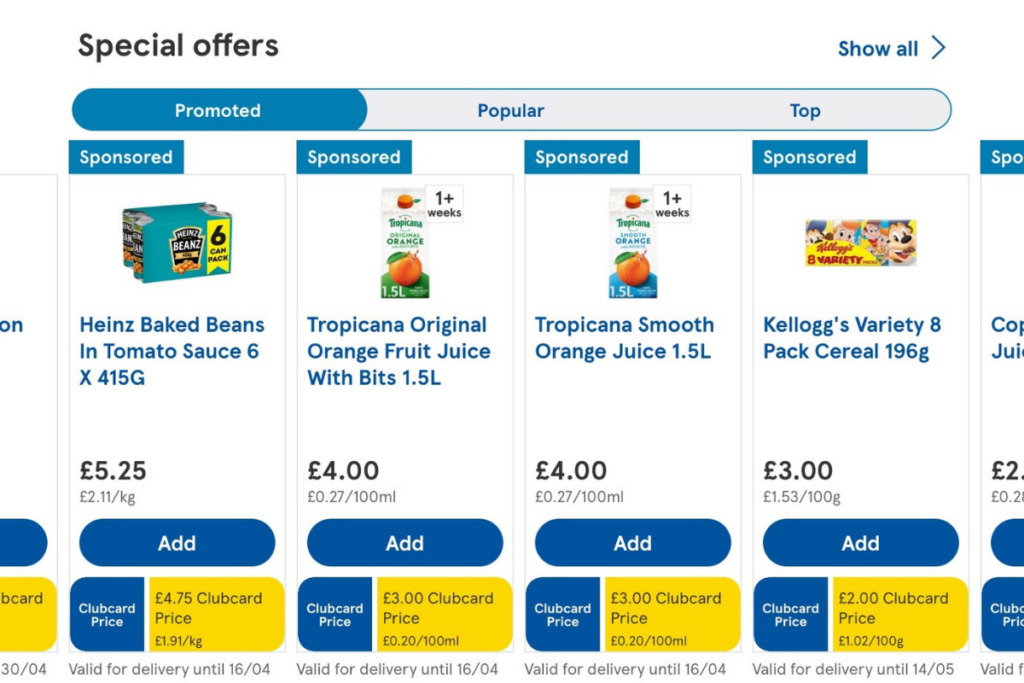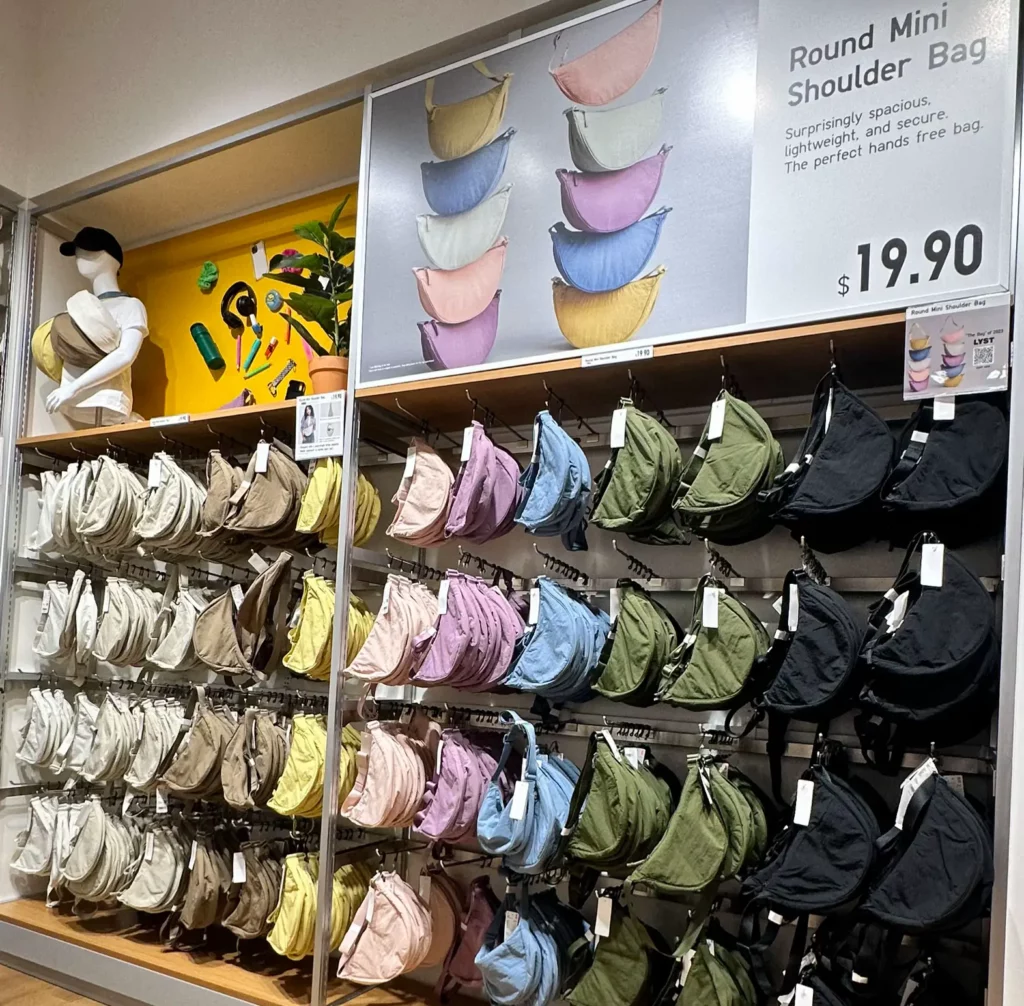In the same week that Sainsbury‘s gleefully undermined Tesco‘s price perception by removing them from Brand Match, they also less gleefully put themselves in the firing line by accidently displaying a poster encouraging staff to persuade their customers to spend an additional 50p, in the store window. In that same week Morrisons announced their discounter price-matching scheme, and Lidl amused the twitter sphere with their witty and jibing observations.
Most customers would agree that a lower price guarantee is great news and Lidl offering some witty banter in the supermarket wars is all great fun. But the question is, who will have the last laugh? Not the supermarkets themselves, that‘s for sure. Their suppliers? Absolutely not. And customers? Well unfortunately low prices on the shelves don‘t come for free, and so customers are unlikely to be any better off either.
As all the supermarkets wage price warfare against one another, customer experience, product quality, communities and ultimately their own businesses, will all inevitably be caught in the cross-fire.
Customer Experience
Long queues, no assistance on the shop floor and staff who put speed over customer engagement are bi-products of tightening the belt too far on hours. It will also be the result of retailers looking for an obvious and quick way, albeit not a long-term strategic way, to off-set price war margin impacts. You only have to look at the problems Tesco has faced over the last few years to see the real front-line effects of under investing in stores.
Backing suppliers into a corner
Horse meat didn‘t end up in our lasagnes by accident. It was consciously put there by people, who all too often felt they had no other choice. With retailers needing to fund spiralling price decreases, we shouldn‘t be surprised if they squeeze suppliers to such extremes that more unidentifiable meats end up on our plates. Suppliers aren‘t compromising their product quality for fun, but usually in order to keep their own businesses afloat and to put wages in their employees‘ pockets. Low prices don‘t happen by magic and the current escalating price war will only put more unreasonable pressure on the supply chains that provide the food that we feed our families.
Suppliers are employers too
Wages, hours and job cuts, or worse still, collapsing firms, are the inevitable consequence of pushing suppliers beyond the point of no return. Do we want to live in a society where products are only supplied by large, faceless conglomerates with the reserves, cash-flow and influence to stand up to retailer pressures and survive in a cut-throat market?
Sales is vanity, profit is sanity
Aldi and Lidl‘s consistently low prices do not happen by luck. They are the result of cost-obsessed DNA permeating through everything they do. Unless their mainstream rivals fundamentally transform their business models, there is very little chance they can sustain the low prices and provide a differentiating customer experience while still achieving margins that are acceptable to their shareholders and to fund their own future growth.
Know your strengths, understand your opponents and don‘t enter battles you can‘t win
The discounters are not trying to play the big 4 at their own game; they are not getting distracted by expanding ranges, multi-channel offerings, destination stores and so on. Instead they are just holding firm on what they stand for, value and price, and using this as weaponry against their competitors in those battles they know they can win. There is a lesson in there somewhere for the big 4….

















